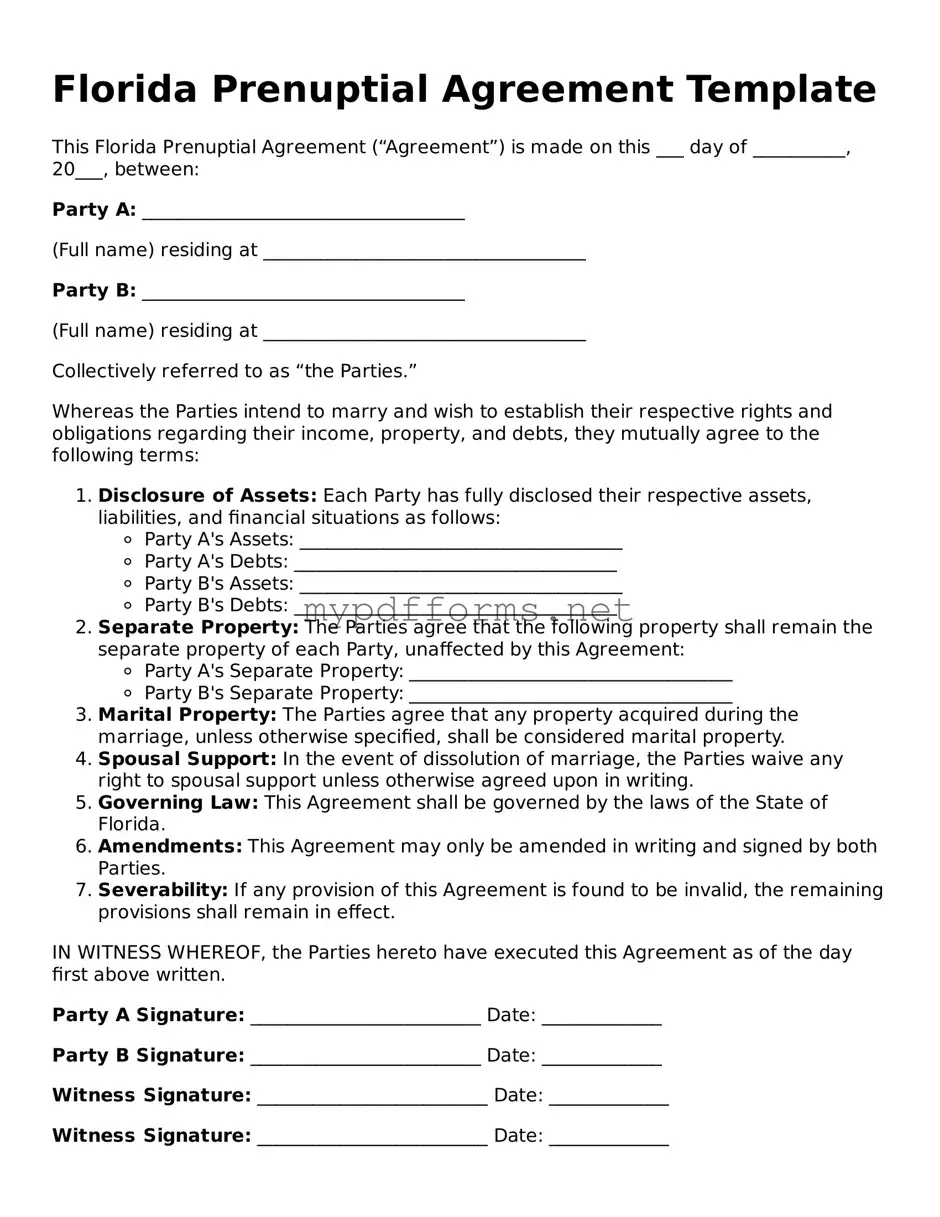A cohabitation agreement is similar to a prenuptial agreement in that both documents outline the rights and responsibilities of partners. While a prenuptial agreement is created before marriage, a cohabitation agreement is designed for couples living together without being married. Both documents can address property division, financial responsibilities, and other personal matters, helping to prevent disputes should the relationship end.
For those looking to purchase a motorcycle in Wisconsin, it's essential to have the proper documentation to ensure a smooth transaction. This includes filling out the Wisconsin Motorcycle Bill of Sale form, which serves as a legal document recording the sale or transfer of the motorcycle. Such a form not only safeguards the rights of both the buyer and the seller but also facilitates the registration and taxation process. To ease this process, you can download an editable form that can be tailored to your needs.
A postnuptial agreement is another document that resembles a prenuptial agreement. The key difference is timing. A postnuptial agreement is executed after the couple is married. Like a prenuptial agreement, it can specify how assets will be divided in the event of a divorce. This can provide clarity and peace of mind for couples who want to protect their interests after tying the knot.
A separation agreement shares similarities with a prenuptial agreement, particularly in how it outlines the terms of a couple's separation. This document is often used when a couple decides to live apart but is not yet divorced. It can cover issues such as child custody, support, and property division, similar to the provisions found in a prenuptial agreement.
A marital settlement agreement is akin to a prenuptial agreement in that it establishes terms for asset division and support. This document is typically used during divorce proceedings. It allows couples to agree on how to split their property and responsibilities, much like a prenuptial agreement does before marriage.
A trust agreement can also be compared to a prenuptial agreement, as both can be used to manage and protect assets. A trust agreement allows individuals to place their assets in a trust for specific beneficiaries. This can help ensure that certain assets are preserved for future generations, similar to how a prenuptial agreement can protect individual assets in a marriage.
An estate plan is similar in purpose to a prenuptial agreement, as both aim to manage assets and ensure wishes are carried out. An estate plan includes documents like wills and trusts that dictate how assets will be distributed after death. While a prenuptial agreement focuses on asset division during marriage or divorce, an estate plan ensures those assets are handled according to one's wishes after passing.
A business partnership agreement can be compared to a prenuptial agreement when it comes to asset protection. This document outlines the roles, responsibilities, and profit-sharing among business partners. If a partner leaves or passes away, the agreement helps to determine what happens to their share, similar to how a prenuptial agreement protects individual assets in a marriage.
A financial agreement is another document that has similarities with a prenuptial agreement. This type of agreement focuses on the financial responsibilities of each partner, including debt management and income sharing. Both documents aim to clarify financial expectations and obligations, reducing potential conflicts in the future.
Lastly, an advance healthcare directive can be likened to a prenuptial agreement in that it outlines preferences for medical care. While a prenuptial agreement deals with financial matters, an advance healthcare directive specifies what medical treatment one wishes to receive if unable to communicate those wishes. Both documents are proactive measures to ensure that individual preferences are respected in challenging situations.

